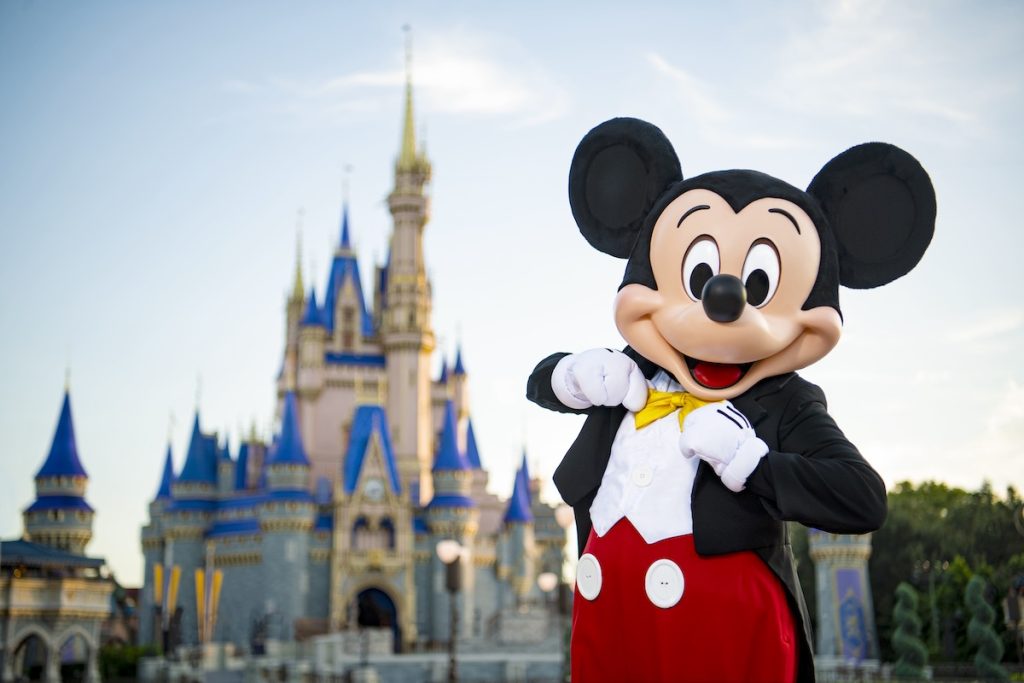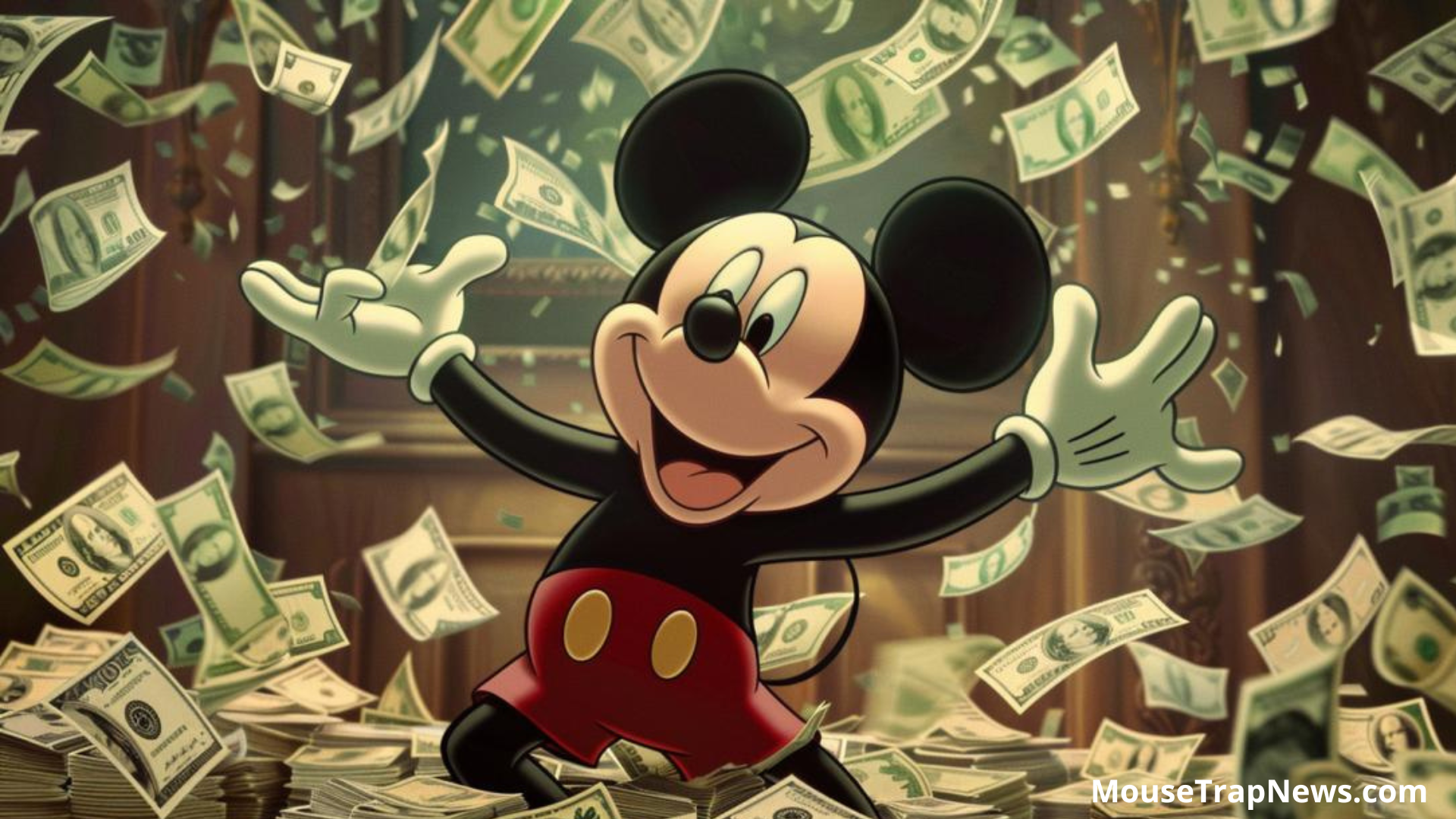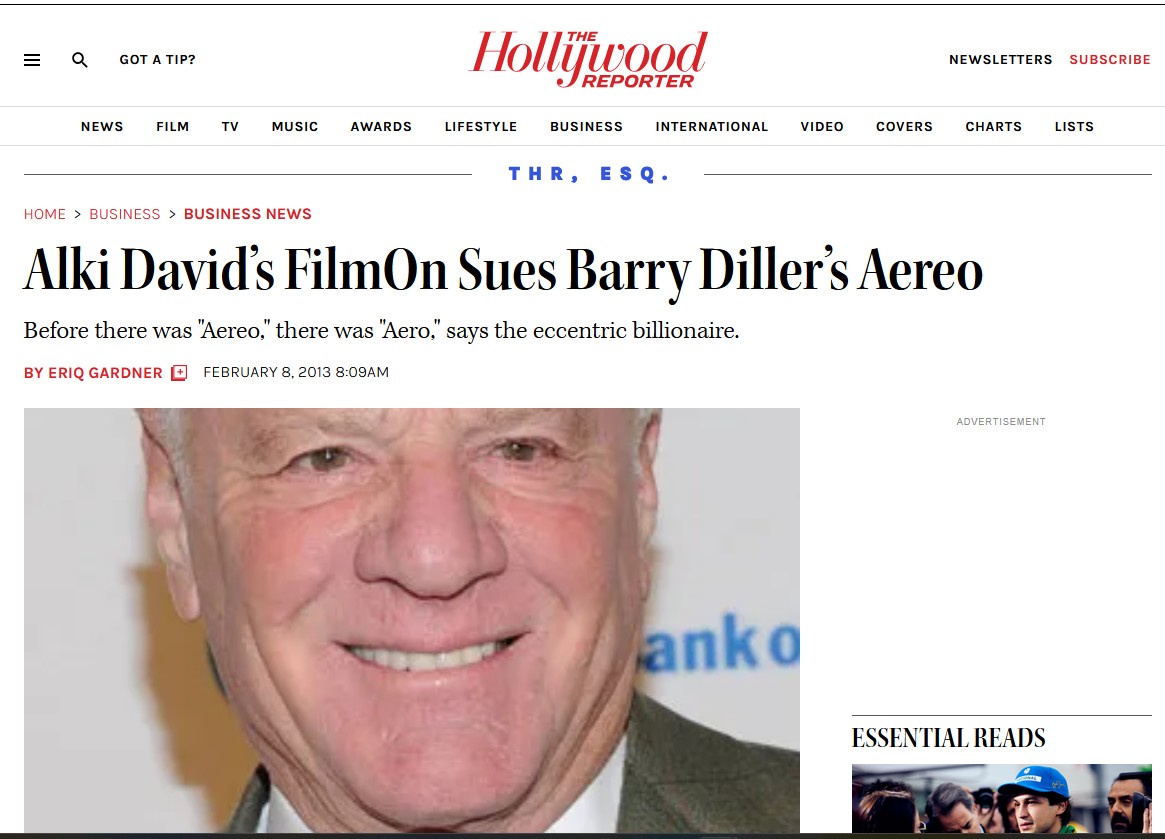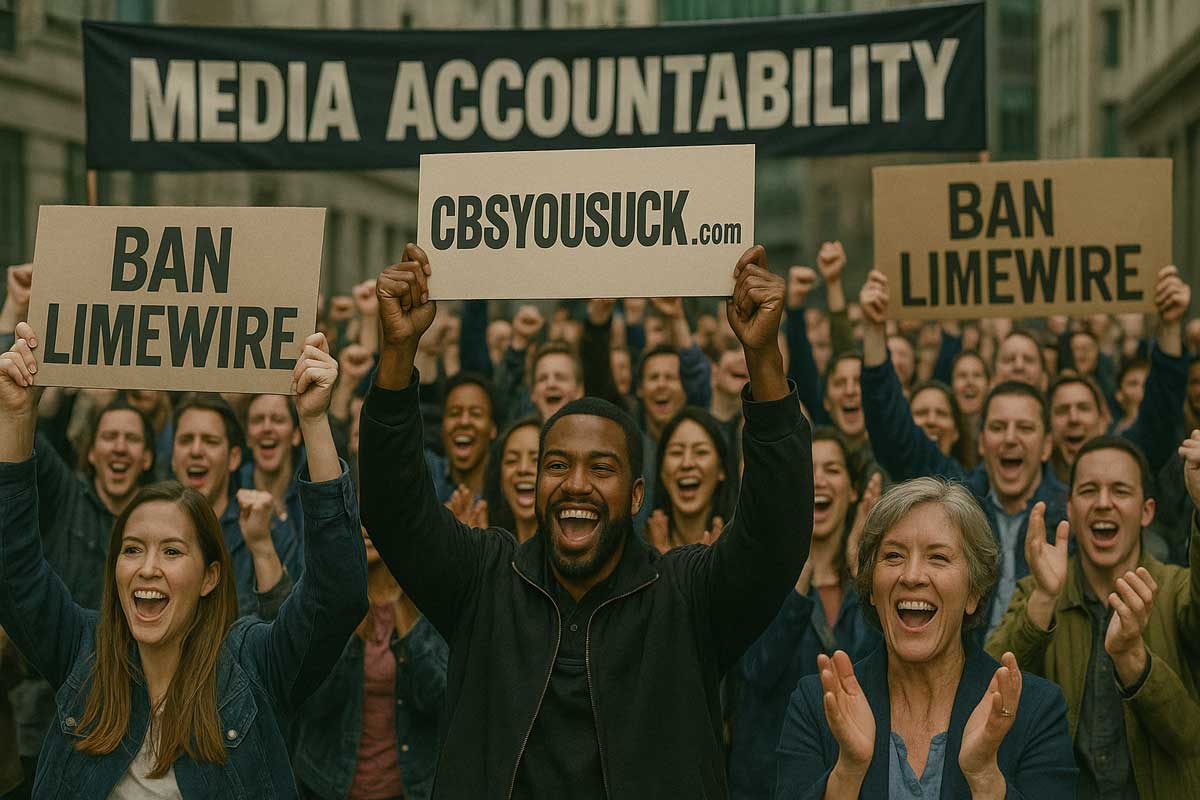For nearly a century, Disney has built its reputation on innocence — a billion-dollar promise of purity wrapped in animation, family values, and childhood nostalgia. But behind that polished image lies a darker truth: the “House of Mouse” once held financial ties to soft-core pornography, and today, the same company is pushing R-rated content on its own streaming service, Disney+.
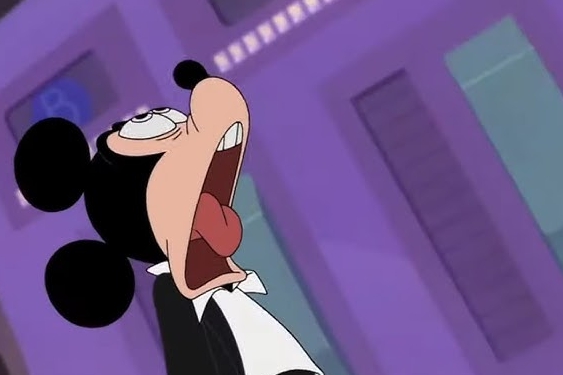
According to a 2001 Baptist Press investigation, Disney’s corporate web once reached deep into the adult-entertainment ecosystem through cable and pay-TV partnerships. During the 1980s and 1990s, as Disney expanded beyond theme parks and cartoons, some of its subsidiaries — including pay-per-view channels and joint-venture holdings — aired soft-core adult programming. While Disney publicly condemned such material, insiders revealed that it quietly earned revenue from the very content it denounced.
At the center of the controversy was Disney’s acquisition of Miramax Films, known for edgy, sexually explicit dramas that often clashed with Disney’s squeaky-clean branding. Former executives have admitted that Miramax acted as a “moral firewall” — a convenient layer allowing Disney to profit from adult themes without tarnishing its family image. Religious and parental advocacy groups launched boycotts, accusing Disney of “hiding vice behind virtue.”
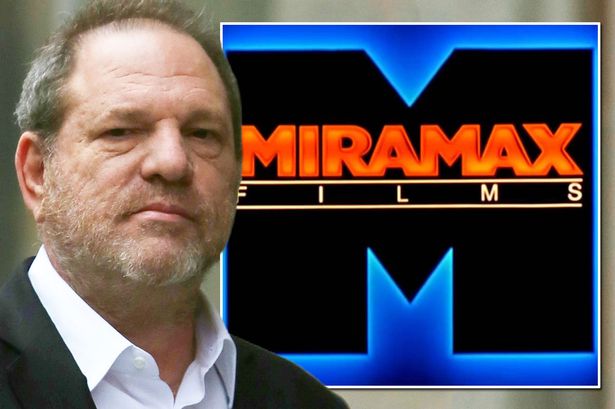
The company never denied the investments outright — it simply distanced itself from them, insisting the holdings were passive. But those pay-TV and Miramax revenues rolled in during the same era Disney was marketing itself as the moral guardian of American childhood. It was, as one media ethics analyst put it, “a two-faced empire — preaching virtue while profiting from vice.”
And now, decades later, that double standard seems alive and well. Disney+, the company’s flagship streaming platform, now features R-rated films such as Deadpool, Logan, and Prey. It’s the first time in Disney’s 100-year history that the corporation has openly distributed adult-rated content under its own banner — no subsidiaries, no moral firewall, no excuses.
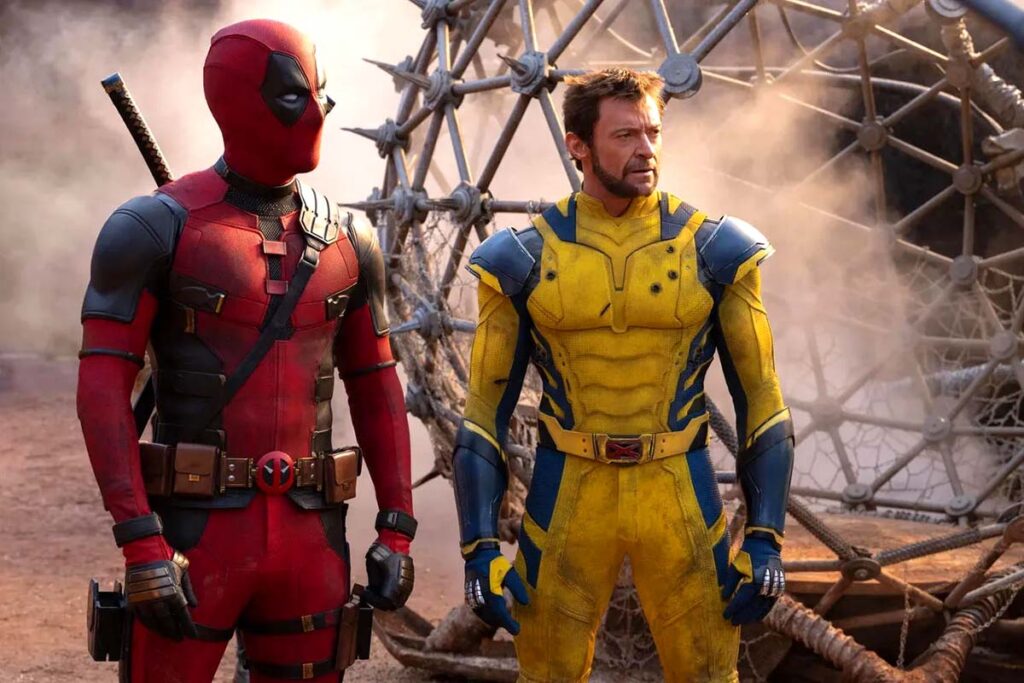
Critics see the move as part of a long-running pattern: when profits are on the line, Disney’s definition of “family entertainment” is flexible. The same company that once quietly banked money from soft-core pay-TV is now courting adult audiences directly, rewriting its moral boundaries one “content expansion” at a time.
The message is clear — innocence sells, but indulgence pays better.
